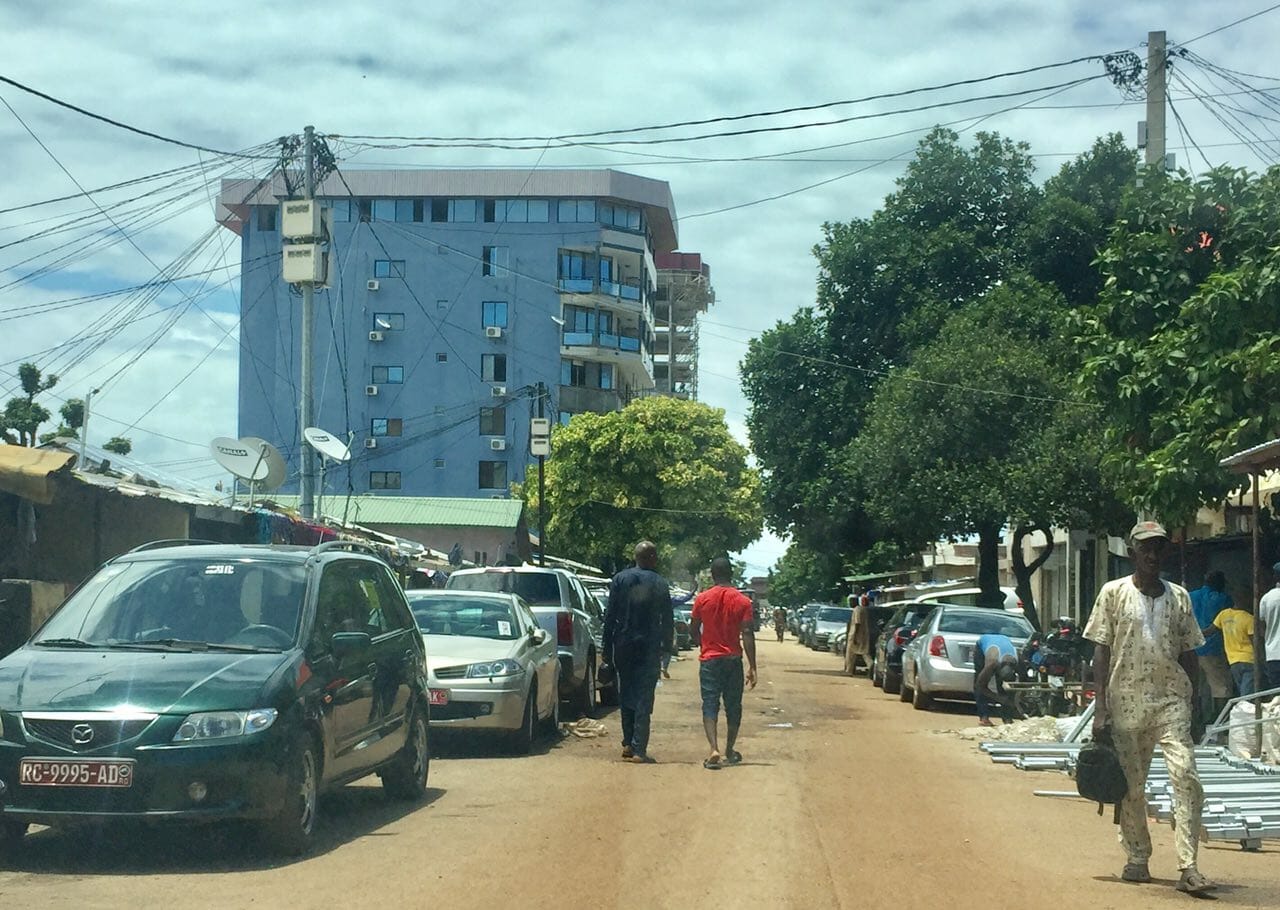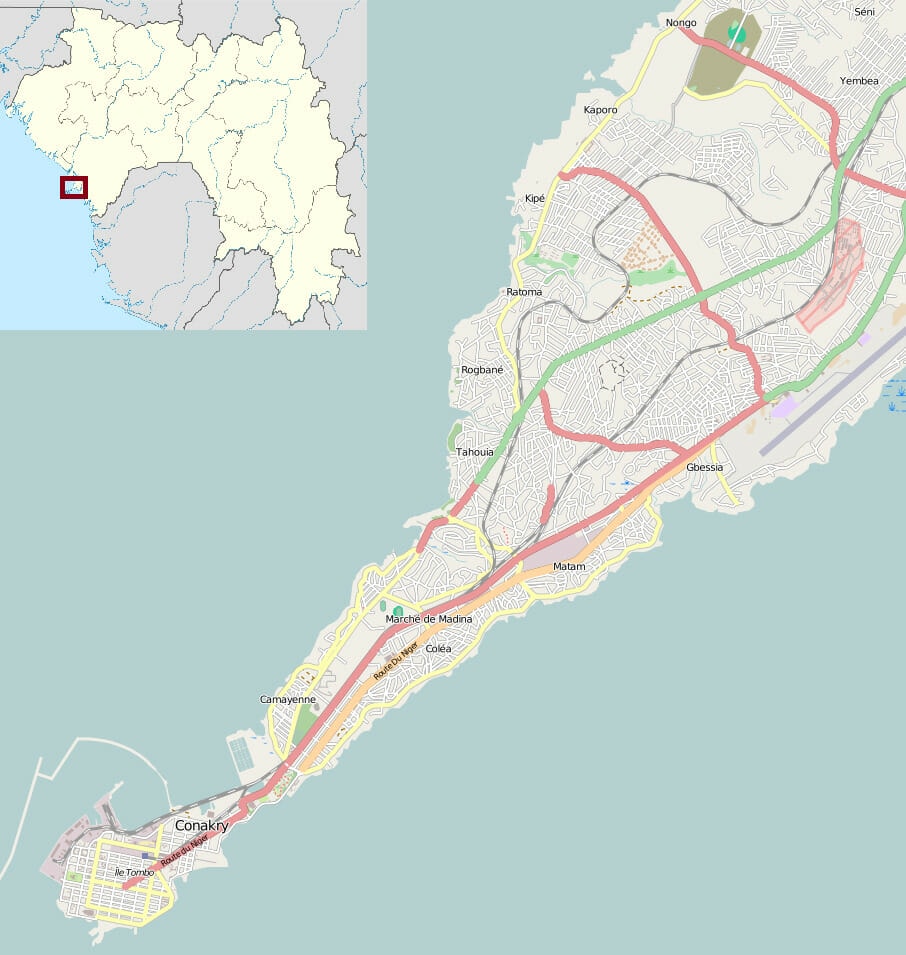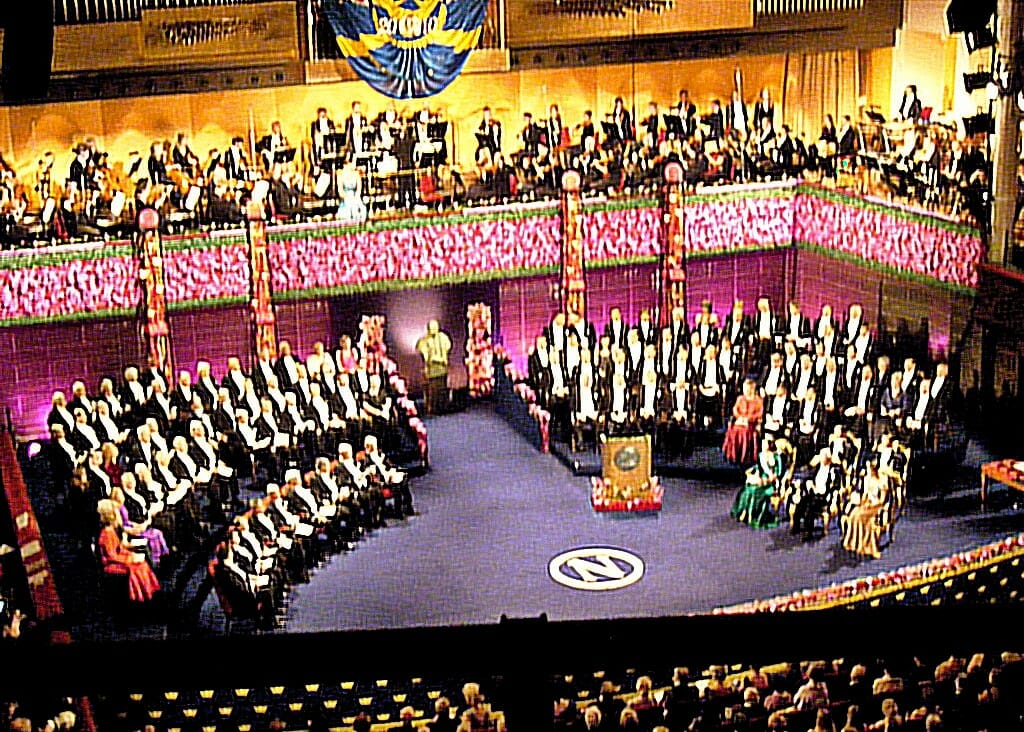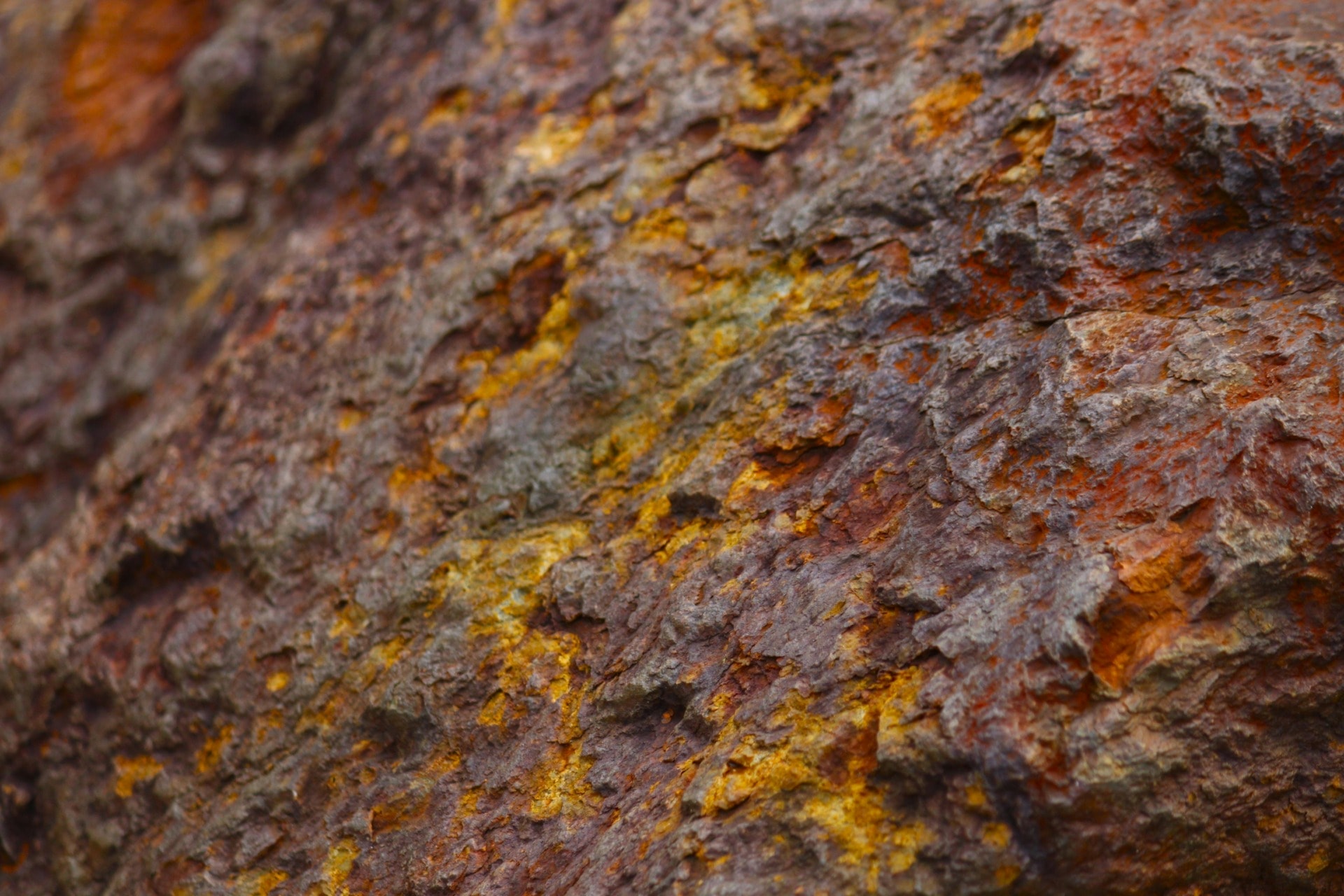Guinea’s main opposition leader, Cellou Dalein Diallo, has given his support for the military coup that ousted President Alpha Condé on Sunday, calling it “a victory of our people and the failure of the dictatorial regime.”
Giving a statement on Monday, Diallo praised the coup as “complet[ing]” the work of his National Alliance for Democratic Alternation party. He also stated that the party would be willing to work with the new junta “to build a peaceful democracy in our country.”
Diallo was once Condé’s prime minister, and ran against him in the election last year, where Condé was granted a third term. The opposition did not accept the results, citing allegations of fraud.
The coup has largely been welcomed in the capital, Conakry. According to the BBC’s reporter in the city, hundreds of residents cheered soldiers as they discovered that Condé had been ousted.

The leader of the coup, Colonel Mamady Doumbouya, is expected to form a new government within a matter of weeks. The Colonel has pledged to restore democracy and bring about a “new era for governance and economic development.”
Doumbouya, Colonel of Guinea’s special forces unit, removed President Alpha Condé in a military coup that began on September 5, and has declared that a new “union” government will be formed within weeks.
He stated: “A consultation will be launched to set down the broad parameters of the transition, and then a government of national union will be established to steer the transition.”
Related Articles: What Is Happening in Cuba? | Water Privatisation in the Global South: Lessons From Guinea
According to broadcasts made by Doumbouya on Sunday on state television, Condé has been arrested and detained and Guinea’s constitution has been dissolved. Doumbouya also announced a nationwide 24-hour curfew and a closing of all the country’s borders. The borders have however now been reopened, but ministers of the former government are unable to travel.
Doumbouya claims the reasons for the coup are to fight inequality and deprivation by giving power back to the people. “The personalisation of political life is over,” he said. “We will no longer entrust politics to one man, we will entrust it to the people.”

“If you see the state of our roads, if you see the state of our hospitals, you realise that after 72 years, it’s time to wake up,” he said. “We have to wake up.”
On Saturday, the British Embassy in Conakry warned of “sustained gunfire in several locations,” and a video on social media appeared to show President Condé surrounded by soldiers. Gunfire was also reported to have been exchanged close to the presidential building.
While the coup has seen support within the country, the UN, African Union, and Ecowas have condemned it and have called for the restoration of the constitution.
I am personally following the situation in Guinea very closely. I strongly condemn any takeover of the government by force of the gun and call for the immediate release of President Alpha Conde.
— António Guterres (@antonioguterres) September 5, 2021
Guinea has seen a number of coup d’états since its independence from France in 1958. In 1984 Colonels Lansana Conté and Diarra Traoré seized power in a bloodless coup. In 2008 after the death of Conté, Moussa Dadis Camara took power at the head of a military junta.
However, the presidential election in 2010, which brought Alpha Condé to power, was believed to be an end to dictatorship and the beginning of democratic rule. But President Condé clung on to power longer than expected by changing the rules on presidential term limits. The move sparked mass protests and intensified dissatisfaction with the Condé government.
So far, the new junta has yet to set out a clear plan or timeframe for Guinea’s recovery, and it is still very much engaged in the early stages of gaining power. But what matters for the future of democracy in Guinea is whether the junta sets up a mechanism for drafting a new constitution. For some, the coup might feel all too familiar: In the past year alone, military overthrows have been attempted four times, twice in Mali, and one failed attempt in Niger. So what form that mechanism will take matters: Will it be democratic, calling on the people to participate through representatives or will it be a diktat coming from the military? Only time will tell.
Editor’s Note: The opinions expressed here by Impakter.com columnists are their own, not those of Impakter.com. — In the Featured Photo: A military parade in Guinea following the coup, Sept. 6, 2021. Featured Photo Credit: Wikimedia Commons.










